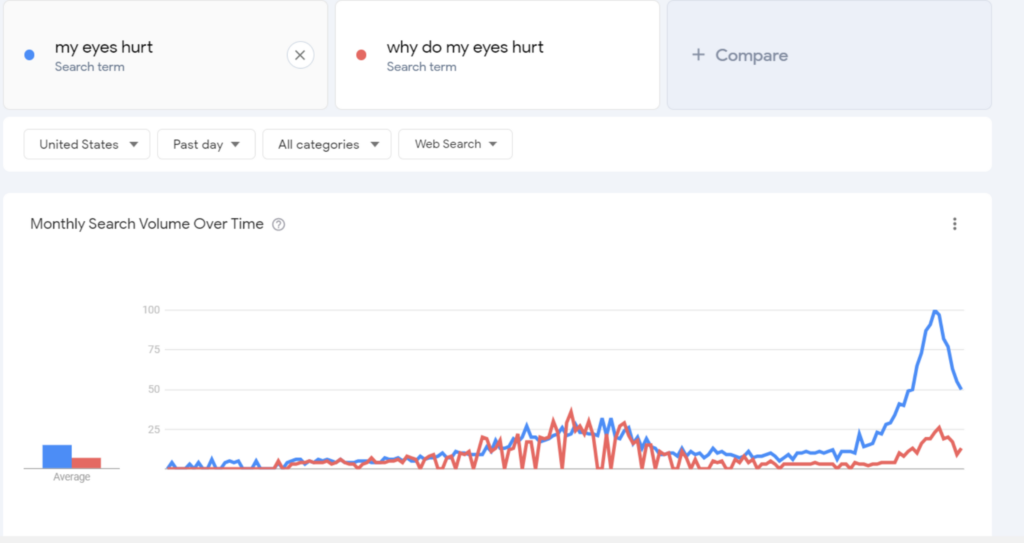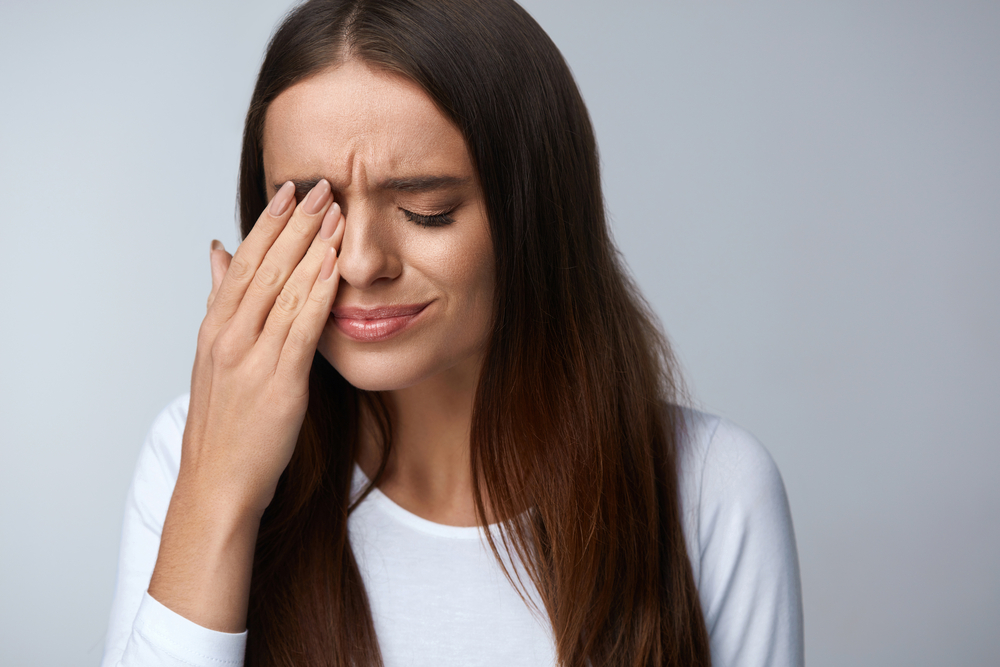Solar retinopathy is a lesser-known but potentially serious condition that can occur as a result of prolonged exposure to the sun’s ultraviolet (UV) or infrared (IR) rays, particularly during events like solar eclipses. Let’s delve into what solar retinopathy is, how it damages your eyes, and most importantly, how you can prevent it to safeguard your vision for the future.
What is Solar Retinopathy?
Solar retinopathy is a condition characterized by damage to the retina, the light-sensitive tissue lining the back of the eye. It occurs when the retina is exposed to high levels of UV radiation, typically from staring directly at the sun without adequate eye protection. The intense UV and IR rays emitted by the sun can cause thermal damage to the cells of the retina, leading to irreversible vision loss and other eye-related symptoms.
How Does Solar Retinopathy Damage Your Eyes?
The retina plays a crucial role in vision, converting light into electrical signals that are transmitted to the brain via the optic nerve. When the retina is exposed to excessive sun radiation, it can become inflamed and swollen, leading to a condition known as phototoxicity. This inflammation damages the delicate photoreceptor cells in the retina, impairing their ability to transmit visual information to the brain effectively.
Over time, repeated exposure to UV radiation can result in permanent damage to the retina, leading to symptoms such as:
- Blurry Vision: Damage to the photoreceptor cells can cause blurred or distorted vision, making it difficult to see objects clearly.
- Central Vision Loss: Solar retinopathy often affects the central portion of the retina, known as the macula, which is responsible for sharp, detailed vision. Central vision loss can significantly impact activities like reading, driving, and recognizing faces.
- Color Vision Changes: Some individuals with solar retinopathy may experience changes in color perception, such as seeing colors as washed out or less vibrant than usual.
- Increased Sensitivity to Light: Phototoxicity can also increase sensitivity to light, causing discomfort or pain when exposed to bright lights or sunlight.

Managing Solar Retinopathy
Diagnosing solar retinopathy involves a thorough examination by an eye care professional. During the evaluation, the provider assesses visual acuity and conducts a comprehensive assessment of retinal health. Advanced imaging technologies such as optical coherence tomography (OCT) may be employed to obtain detailed images of the retina, aiding in the identification of any abnormalities. Additionally, patients are questioned about recent sun exposure history and any associated symptoms they may have experienced, such as blurry vision or blind spots.
Treatment of solar retinopathy focuses on symptom management and prevention of further damage to the retina. This may include prescribing anti-inflammatory medications or topical steroids to reduce inflammation and swelling in the eye. Patients are also advised to rest their eyes and limit visual activities to allow the retina time to heal. Additionally, wearing high-quality sunglasses that offer protection from harmful UV rays is recommended to minimize light sensitivity and shield the eyes from further sun exposure. In severe cases of central vision loss, low vision aids or vision rehabilitation services may be considered to improve the patient’s quality of life and optimize their remaining vision.
Preventing Solar Retinopathy
Preventing solar retinopathy is crucial for preserving your vision and eye health. Here are some essential tips to protect your eyes from UV radiation:
- Wear Certified Solar Viewing Glasses: When viewing solar events like eclipses, always use certified solar viewing glasses that meet the ISO 12312-2 safety standard. These glasses are specially designed to filter out harmful UV and infrared radiation, allowing you to observe the sun safely.
- Avoid Staring Directly at the Sun: Never look directly at the sun with the naked eye, even during a solar eclipse. The intense UV radiation emitted by the sun can cause immediate and permanent damage to your eyes.
- Use Solar Filters for Telescopes and Cameras: If you plan to use telescopes, binoculars, or cameras to observe the sun, be sure to attach solar filters to the lenses to protect your eyes and equipment from harmful solar radiation.
- Seek Shade and Wear Protective Eyewear: When spending time outdoors, seek shade whenever possible, and wear wide-brimmed hats and UV-blocking sunglasses to reduce your exposure to UV radiation.
Your Eyes are Precious
Solar retinopathy is a serious condition that can result in permanent vision loss if left untreated. By understanding the risks of sun exposure and taking proactive steps to protect your eyes, you can minimize your risk of developing solar retinopathy and enjoy clear, healthy vision for years to come. Remember, your eyes are precious—take the necessary precautions to keep them safe from harm, especially during solar events like eclipses.
Reach out to the team at Optical Illusions today with the best diagnostic technology available and learn more ways to protect your eye health.



